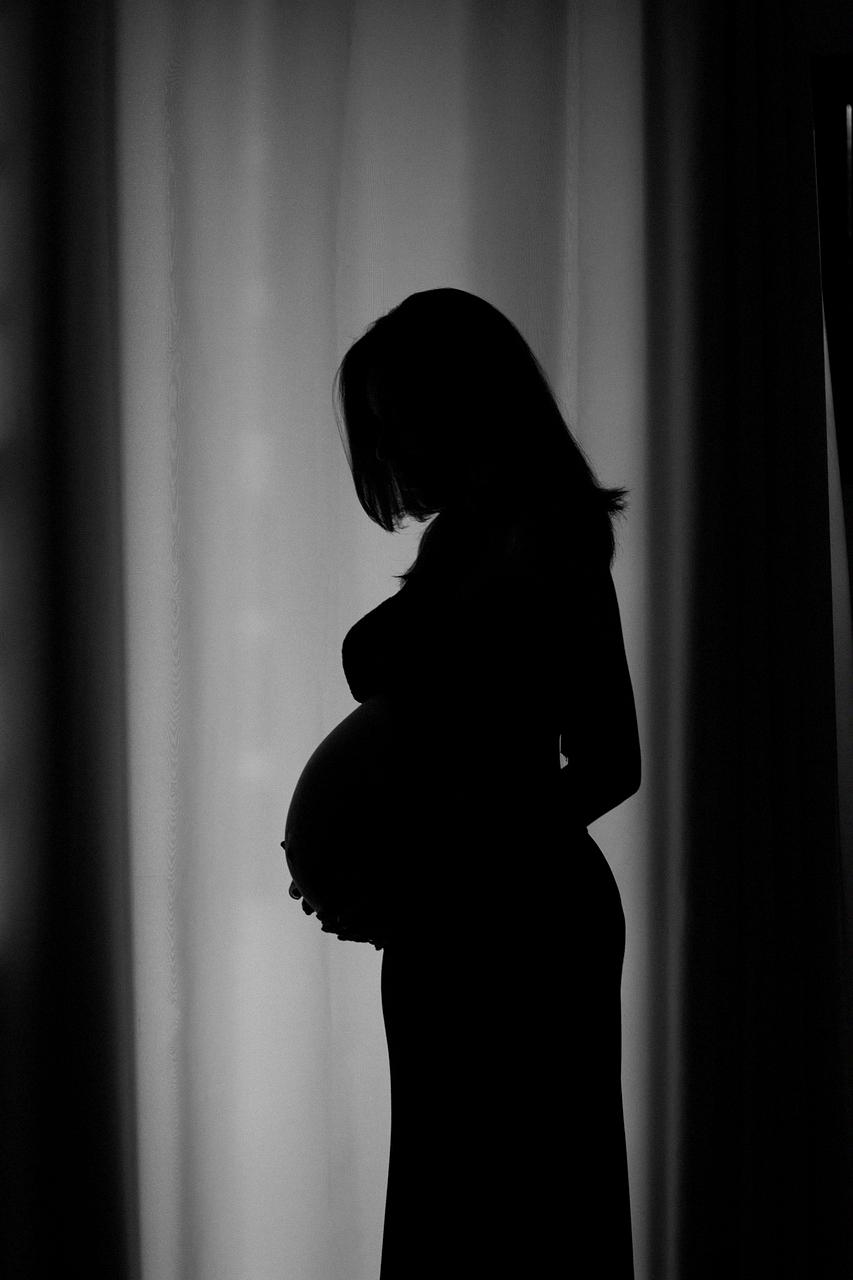Postpartum swelling, also known as edema, is a common occurrence for many women after giving birth. It is usually a result of the body retaining extra water during pregnancy, and it typically resolves on its own within a few weeks. However, there are certain situations where postpartum swelling may indicate a more serious underlying issue.
Normal Duration of Postpartum Swelling
For most women, postpartum swelling is a temporary condition that gradually improves in the days and weeks following delivery. It is normal to experience some level of swelling in the feet, ankles, and hands after giving birth, as the body eliminates excess fluids accumulated during pregnancy.
Signs of Concern
While postpartum swelling is typically harmless and resolves on its own, there are certain signs that may indicate a need for medical attention. If the swelling persists or worsens after the first week postpartum, it is important to consult with your healthcare provider.
Possible Causes of Persistent Swelling
One potential cause of persistent postpartum swelling is preeclampsia, a serious pregnancy complication characterized by high blood pressure and excess protein in the urine. Preeclampsia can cause severe swelling in the hands, feet, and face, and requires immediate medical attention.
Other Red Flags
In addition to preeclampsia, other conditions such as deep vein thrombosis (DVT) or infection could also be responsible for persistent postpartum swelling. Symptoms of these conditions include pain, warmth, and redness in the affected area, as well as fever or chills.
When to Seek Help
If you experience severe or worsening swelling in the days following childbirth, or if the swelling is accompanied by other concerning symptoms such as chest pain, shortness of breath, or headaches, do not hesitate to contact your healthcare provider immediately.
Risk Factors
Women who have a history of preeclampsia, gestational diabetes, or obesity may be at a higher risk of developing postpartum complications such as persistent swelling. It is important for these individuals to be especially vigilant and report any unusual symptoms to their healthcare provider.
Preventive Measures
While some degree of postpartum swelling is to be expected, there are steps you can take to help reduce the discomfort and promote recovery. Elevating your feet, staying hydrated, wearing compression socks, and engaging in gentle exercise can all help alleviate swelling and promote circulation.
Importance of Follow-Up Care
After giving birth, it is crucial to attend all scheduled postpartum check-ups with your healthcare provider. These appointments allow for the monitoring of your recovery progress and the early detection of any potential issues, including persistent swelling.
Final Thoughts
While postpartum swelling is a common and usually benign condition, knowing when to seek medical help is essential for ensuring your health and well-being after childbirth. Trust your instincts and do not hesitate to reach out to your healthcare provider if you have any concerns about your postpartum recovery.

